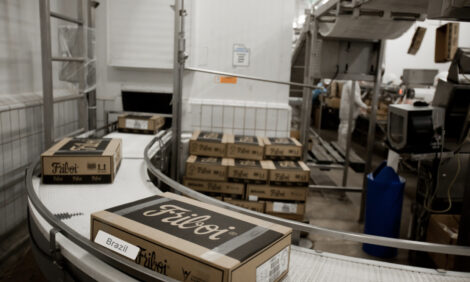



Cherkizovo Boss Calls for Meat Intervention Fund
RUSSIA - The head of Russia pig and poultry itegrated processor Cherkizovo, Sergei Mikhailov, has called ofr a meat intervention fund in Russia.Mr Mikhailov, Cherkizovo group’s CEO, participated in a meeting with the Ministry of Agriculture about the conditions and prospects of the development of pig breeding in Russia.
During the meeting, Sergei Mikhailov suggested establishing a meat intervention fund in Russia.
To explain the rationale behind this suggestion, he highlighted the US and EU intervention funds, which buy pork and poultry meat.
“The creation of an intervention fund for meat could be a very effective and cost-efficient mechanism,” said Mr Mikhailov.
“At the moment there is high volatility in the pork and poultry market for various reasons, which is unacceptable for manufacturers. An intervention fund for meat would allow the State to enter the market and remove excess poultry and pork in the shorter term (around 1-3 months).
"It would provide an opportunity to stabilise the market and remove price volatility. Even if the current situation stabilises, we cannot discount the possibility of this happening again. Volatility may increase due to seasonal factors, or consumer trends, or the effect of new investments in production, and the market will still have to adjust.”
According to Cherkizovo’s CEO, two or three refrigerators would be required to store the 50,000 tonnes of excess meat that would need to be removed in order to stabilise the market. Pork can be stored in the fund for six to 12 months and poultry for up to six months.
Another potential control measure, according to Mr Mikhailov, is State export support.
“We can see how this is working in the EU. The surplus in the market is bought by the fund and then, using an export subsidy, these products are sold to a third country,” explained Cherkizovo’s CEO.
At present, Russia has a grain intervention fund for the regulation of the grain market; in periods of low grain prices, the state buys grain, and in the case of a sharp growth in grain prices, sells it on to the market.









